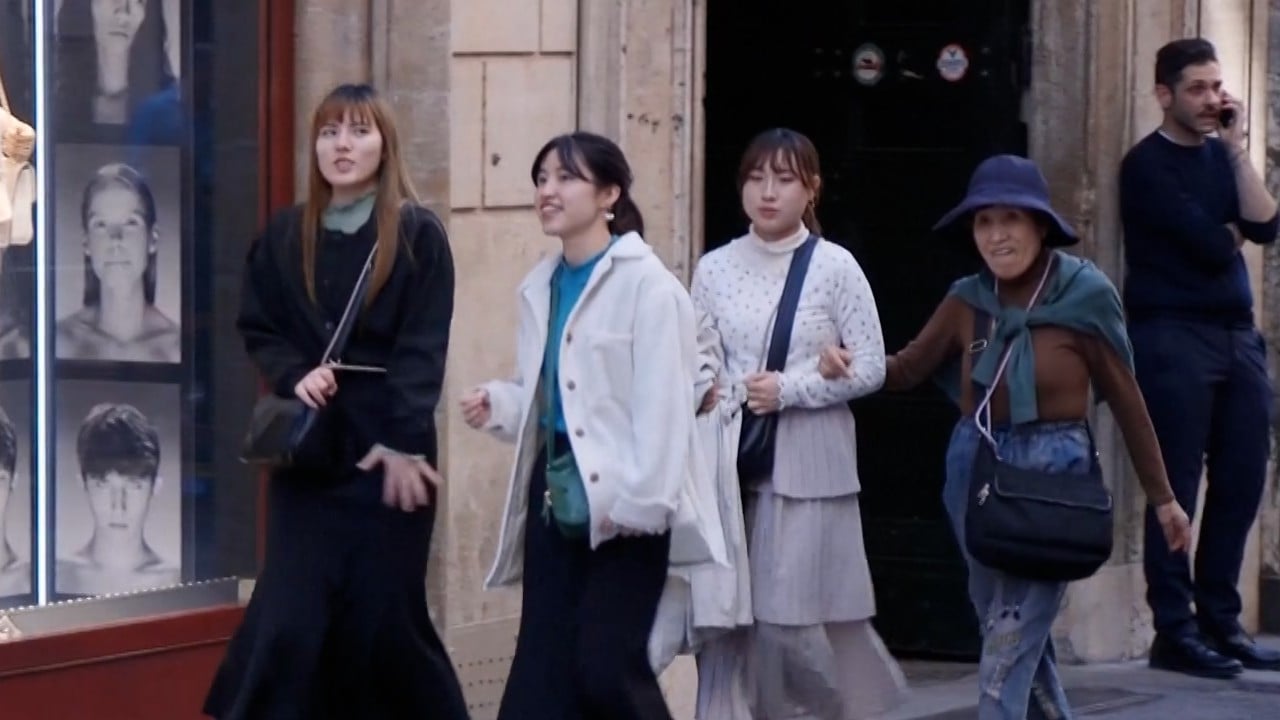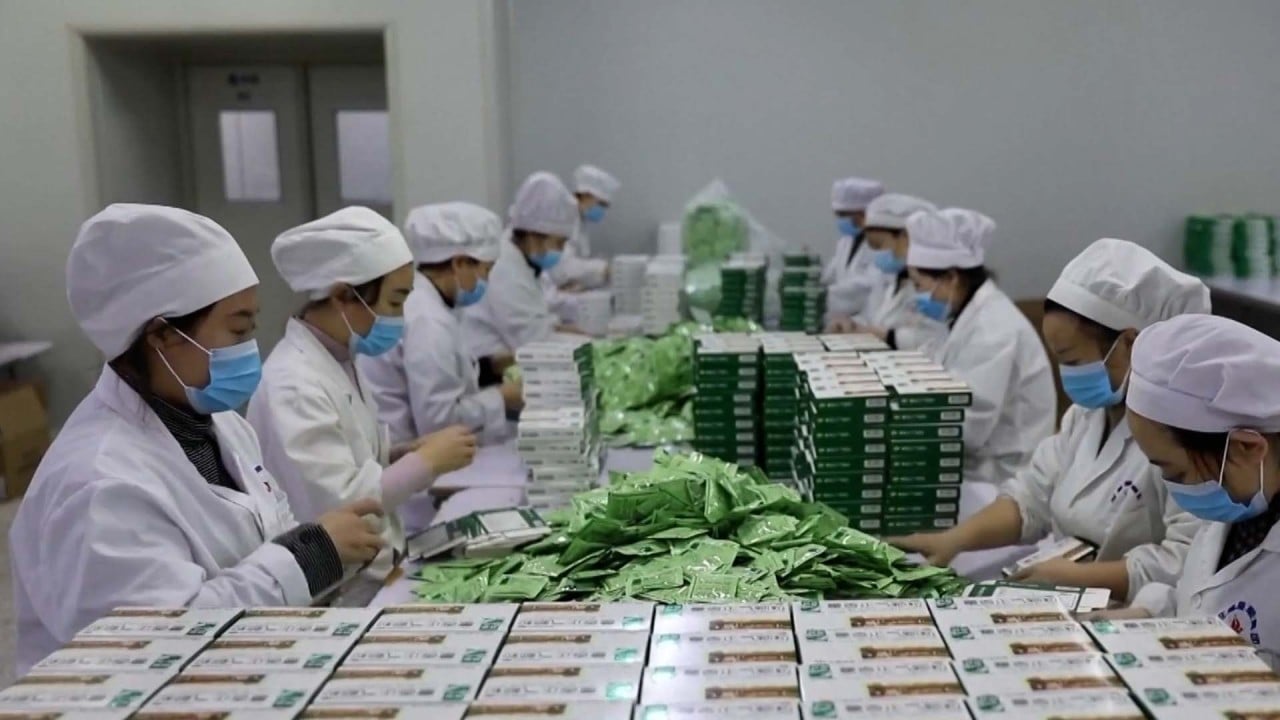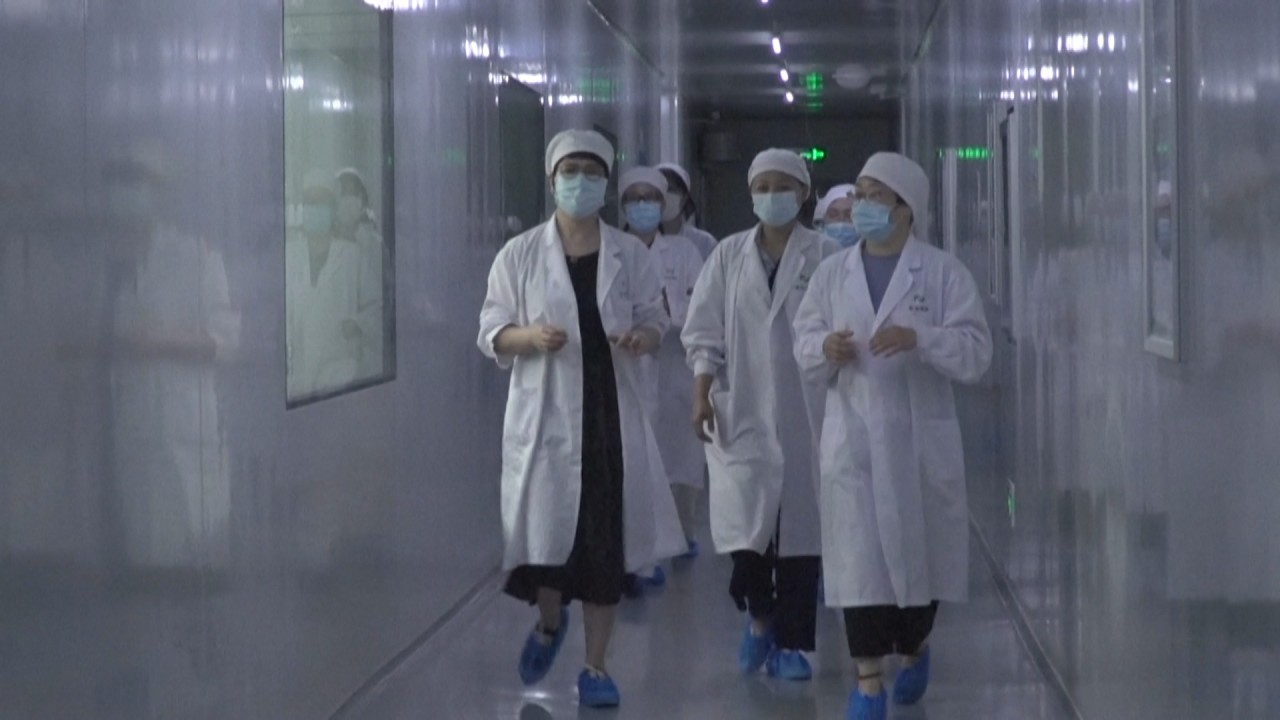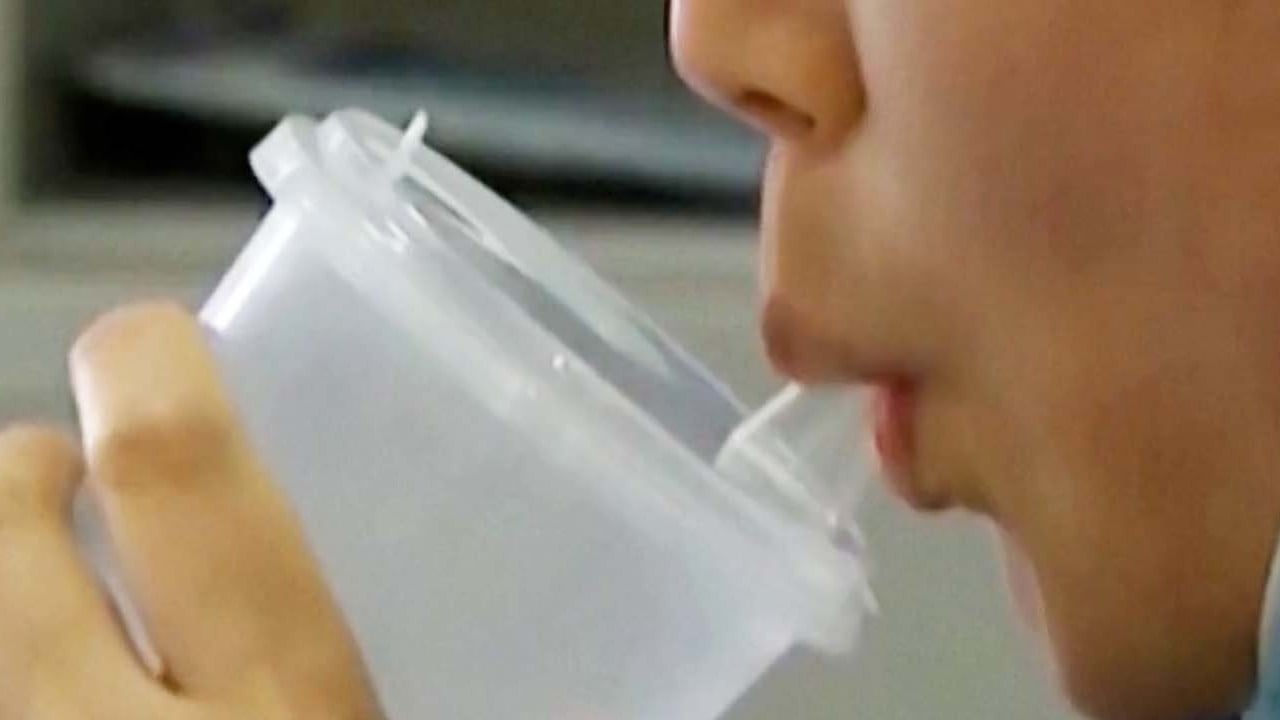
How China’s Covid-19 self-reliance medical goal could lose momentum as cases dwindle
- While the next wave of the disease is predicted to be far less severe, experts are calling for more locally developed mRNA vaccines and antivirals to be approved
- Focus on the elderly, children and people with chronic diseases as the groups most likely to bear the brunt of future outbreaks
Experts say another wave is unlikely for at least six months – and predict it will be much less severe – but approvals should be given for more effective and lasting antiviral drugs and mRNA vaccines.
Covid-19 prevention remains high on China’s agenda this year, with authorities continuing to stress control of the disease while pushing economic recovery.
Liu Guozhong, the vice-premier responsible for public health, last week told the State Council workforce to “prepare early” for the five-day labour holiday in May and “guard against disease clusters”.
No details were provided on what measures might be included in the preparations, but the plan set out at the annual “two sessions” political meeting in early March highlighted the elderly, children and people with chronic diseases as key groups for protection.
China approves first domestically made mRNA vaccine for Covid
China will promote “vaccine iteration and upgrade and the development of new medicine” and guarantee that “public demand for medical treatment is met”, the plan says.
There were no Chinese-developed mRNA vaccines or Covid-specific antivirals on the market when the zero-Covid policy was abruptly dropped.
The massive and rapid spike of infections which followed led to a scramble for the limited stocks of fever treatments and antivirals in pharmacies, stoking public anxiety.
While China described the end of zero-Covid as a “decisive victory”, authorities admitted there had been “some” medication shortages during the infection spike.
Coordination of medical supplies was strengthened, boosting daily production capacity of the antiviral Azvudine and painkiller ibuprofen by more than seven times in February compared to December figures, according to government data.
Beijing hails ‘decisive victory’ over pandemic in ending zero-Covid policy
China has pledged to promote health technology as it strives for technological self-reliance, and that includes a race to develop its own mRNA vaccines – similar to the Pfizer and Moderna shots that have been widely used elsewhere since 2021.
China gave its first emergency use approval to a Chinese mRNA jab last week, developed by CSPC Pharmaceutical.
The company says its vaccine can neutralise a range of variants including Delta, Omicron BA.2 and BA.5, as well as highly transmissible Omicron strains like BF.7, BQ.1.1, and XBB.1.5.
Third-party data has not been released and CSPC Pharmaceutical declined to provide further information about the approval.
Jay Lee, a senior equity analyst for Morningstar Asia, said the market response to the “largely expected” approval was “muted”.
“Commercial prospects are still unclear, given lack of clarity on pricing, demand, and overseas market potential,” he said.
Yanzhong Huang, senior fellow for global health at the Council on Foreign Relations, said the moderate market response was down to the current lack of Covid-19 cases in China.
In addition, the emergency use authorisation was not based on standard clinical trial results, according to Huang. “It makes it difficult to judge the actual effectiveness of the vaccine.”
Why has China struggled to vaccinate the elderly against Covid-19?
Jin Dongyan, a virologist at the University of Hong Kong, said the company should make a “side-by-side comparison with Pfizer and Moderna products” of efficacy and effectiveness data to bring the vaccine into public use.
While the approval was “one positive step”, more vaccines with the technology, whether developed in China or abroad, should be authorised, he said.
The National Medical Products Administration last week also authorised a third oral treatment targeting Covid-19 – RAY1216, also called Leruiling.
According to developer Guangdong Raynovent Biotechnology, the pill is the first in China to use a single type of antiviral – instead of mixing it with ritonavir, which is usually used to treat HIV – to reduce recovery time.
Two other antivirals – SIM0417, called Xiannuoxin, and VV116 – which closely imitate Pfizer’s Paxlovid pills, were approved at the end of the January. The US treatment was removed from China’s public health insurance scheme because of its high cost.
Jin said he expected the next wave to arrive no earlier than July, and to be at least “five times smaller” than the tsunami of infections that hit the country in January.
Shenzhen No. 3 People’s Hospital president Lu Hongzhou predicted natural immunity would protect most people for up to a year, making another large-scale wave unlikely in that period.
“For those who have a normal immune system, even if they are reinfected, the symptoms will be very mild,” Lu said. Only a minority of the population, such as patients with other conditions like tumours or Aids, could have severe symptoms, he added.
China reports first case of coinfection by two Omicron subvariants
Lu said more effective Covid-specific vaccines and oral treatments were “necessary”. He also said the country should focus on timely vaccination and treatment of China’s more than 200 million elderly and patients with chronic diseases.
With the next iteration of vaccines and treatments under way, targeting higher effectiveness and fewer side effects, Lu said China had sufficient production capacity as long as approvals continued.
Some companies are facing setbacks in their quest to start domestic clinical trials, including Yisheng Biopharma, a vaccine developer based in the northeastern province of Liaoning.
Company chairman Zhang Yi said Yisheng Biopharma had been waiting for a decision on its application since July 2020, despite getting authorisation for clinical trials in the United States, the Philippines and the United Arab Emirates, with almost 6,000 subjects already enrolled for phase 2 and phase 3 trials in the Philippines and UAE.
“I don’t know how high the standards are in China, but we have been submitting supplementary information … and I believe we can eventually get approval for production,” he said.
Zhang said the company’s recombinant protein-based vaccine – which includes an independently developed adjuvant – had the potential to prevent infection as well as severe illness, making it attractive as a booster jab.
Other Chinese companies that have conducted overseas trials but not local studies include Immorna and Innorna.
Stimulating growth for Covid-specific products has become much harder than during the pandemic, with demand still uncertain, analysts say.
“It’s very difficult to know if the Covid becomes a seasonal ‘flu’. Even in Europe and the United States, it is not clear,” said Mia He, a senior healthcare analyst with Bloomberg Intelligence.
In the US – where almost all mask mandates were lifted last autumn – demand for vaccines had “significantly declined” and only a few companies were researching new Covid-related products, He said. “There is no reason why China would be different.”
What does coronavirus have in store for China after massive wave of infection?
Luo Dahai, an associate professor of medicine with Nanyang Technological University in Singapore, said the development of mRNA vaccines was taking longer than antivirals because Chinese research and development had only started “not so long ago”.
“[In contrast], China has strong capability and experience for discovery and development of small chemical-based drugs. Strong basic research in understanding the coronavirus also helps a lot on that.”
With Covid-targeted drugs more readily available, “should there be another … Covid-19 outbreak or another pandemic coronavirus, China and the world are much better prepared”, Luo said.
But he conceded that there had been “some decline” in the research and development momentum, given the drop in the number of patients. “Many R&D companies may have shifted their focus back to what they used to do before Covid-19,” he said.





